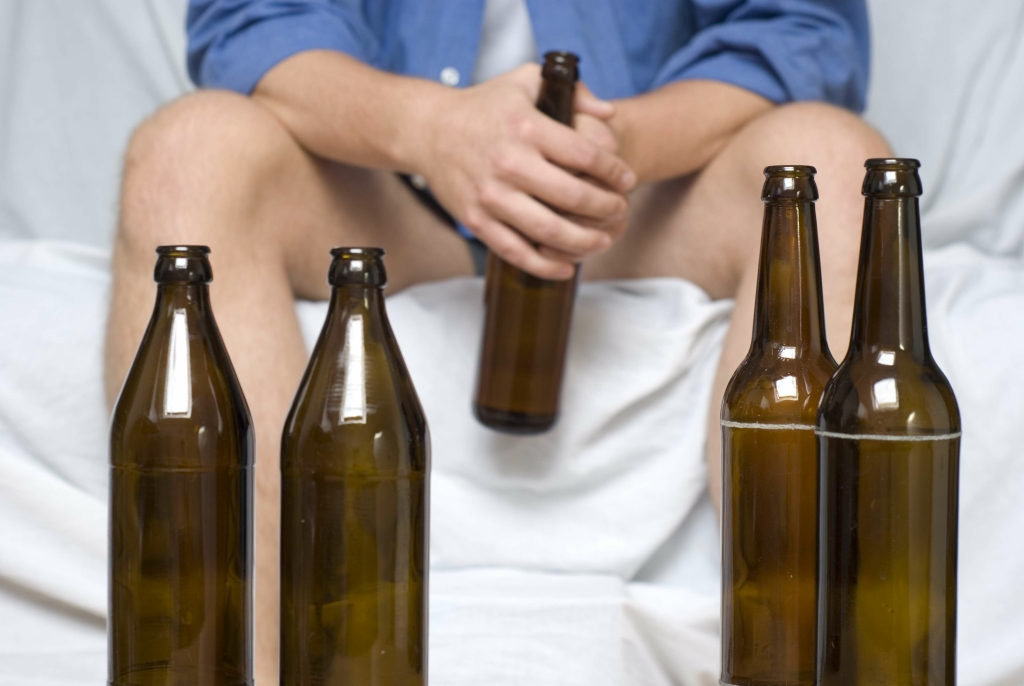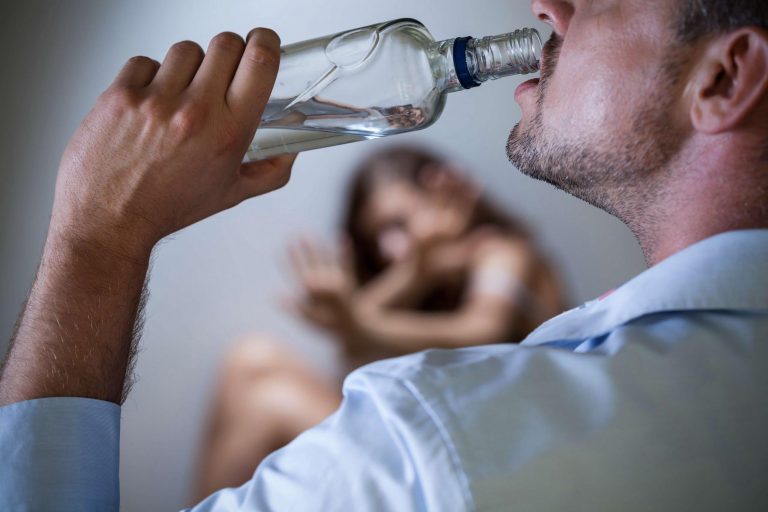This blog explores relapse prevention, strategies for avoiding triggers, and coping mechanisms to manage urges of repeat negative habits. Whether you or a loved one are experiencing challenges controlling their addictive behaviors, the road toward rebuilding self-control can be overwhelming. Being aware of the stages of relapse and having a plan to deal with them http://www.bibliograf.ru/materials/news/2678/ can help prevent you from using again. Follow these 10 techniques to help you stay on track with your recovery. Whenever feeling a craving to use, or in general feeling anxious or “off,” ask yourself if you are feeling any of these symptoms. The most common triggers for many recovering alcoholics and addicts are hunger, anger, loneliness, and feeling tired.
Top 10 Relapse Prevention Skills: Your Guide to Lasting Recovery
- One recent 2022 study revealed that trauma plays a significant role in relapse.
- CBT effectively reduces the risk of relapse and is an integral component of the recovery process.
- In addition, relaxation training, time management, and having a daily schedule can be used to help clients achieve greater lifestyle balance.
As individuals go deeper into mental relapse, their cognitive resistance to relapse diminishes and their need for escape increases. Other than joining therapy groups and treatment http://teatr-kino.ru/comment/reply/4/63 programs, accessing relapse prevention workbooks can help immensely. If the temptation to use again becomes too overwhelming, don’t hesitate to seek professional help.
Cognitive Therapy and Relapse Prevention
Contact a dedicated treatment provider to learn more about inpatient or outpatient treatment programs to learn more relapse prevention skills and get help today. At St. John’s Recovery Place, we recognize that preventing relapse is an essential part of the recovery process for those struggling with substance use disorders. Through our relapse prevention therapy, after-care services, and Alumni Program, we provide the tools, resources and support for our clients to significantly reduce their risk of relapse and improve their chances of long-term recovery. Coping skills are strategies and techniques to manage stress, anxiety, and cravings without substance use. These skills include deep breathing exercises, journaling, physical activities like yoga or sports, engaging in creative pursuits, or practising relaxation techniques. By developing a repertoire of healthy coping mechanisms, individuals can effectively handle the emotional and psychological challenges they encounter during recovery.
Renewal Center for Ongoing Recovery
- It happens in definable, recognizable and preventable stages with telltale emotional patterns and other indicators.
- Coping skills are the tools and strategies individuals use to manage stressful or triggering situations without turning to drug or a use.
- Having a support system is crucial for individuals in addiction recovery because it provides encouragement, accountability, and a sense of community.
- Engaging in productive activities and hobbies can provide a sense of purpose, promote healthy habits, and reduce the risk of boredom or stress-induced substance use.
- Among the psychosocial interventions, the Relapse Prevention (RP), cognitive-behavioural approach, is a strategy for reducing the likelihood and severity of relapse following the cessation or reduction of problematic behaviours.
- Here the assessment and management of both the intrapersonal and interpersonal determinants of relapse are undertaken.
Using a wave metaphor, urge surfing is an imagery technique to help clients gain control over impulses to use drugs or alcohol. In this technique, the client is first taught to label internal sensations and cognitive preoccupations as an urge, and to foster an attitude of detachment from that urge. The focus is on identifying and accepting the urge, not acting on the urge or attempting to fight it4. Relapse prevention initially evolved as a calculated response to the longer-term treatment failures of other therapies.
The core concept of mindfulness is paying attention, awareness, or focus on what you’re doing, where you are, who you’re with, and more. To start the process of becoming more mindful, simply notice what you are doing with no judgement. It can be helpful to write down one’s daily activities by tracking them with a smartphone to bring http://ostrogozhsk.ru/forum/viewtopic.php?t=7504 more awareness to what you are doing, thinking, and feeling. Recovery isn’t just about stopping harmful behaviors; it’s also about building a mindset that supports happiness and resilience. That’s where Unconditional Self-Acceptance (USA), Unconditional Other-Acceptance (UOA), and Unconditional Life-Acceptance (ULA) come in.
It occurs when the client perceives no intermediary step between a lapse and relapse i.e. since they have violated the rule of abstinence, “they may get most out” of the lapse5. People who attribute the lapse to their own personal failure are likely to experience guilt and negative emotions that can, in turn, lead to increased drinking as a further attempt to avoid or escape the feelings of guilt or failure7. Avoiding high-risk situations is an important part of relapse prevention, and strategies can include developing a plan for responding to cravings, seeking out healthy distractions, or engaging in sober activities with supportive individuals.
Enhancing Healthcare Team Outcomes
Just as there are numerous views on human nature and multiple therapy models, there are different views on relapse prevention. Relapse prevention plans can include ways in which you hope to amend the damage addiction caused in your life. Separating these damages into areas like relationships, legal issues, financial issues or education can help you regain insight as to why you decided to get sober in the first place and provide motivation to make positive choices. Regardless, it is important to consider the following items when creating a relapse prevention plan.
- The transition between emotional and mental relapse is not arbitrary, but the natural consequence of prolonged, poor self-care.
- Pause first when you experience these states and find ways to deal with them without turning to substances.
- It involves a combination of self-awareness, proactive strategies, and support from others.
Develop a support network
The belief is that recovery requires some special strength or willpower that the individual does not possess. Past relapses are taken as proof that the individual does not have what it takes to recover [9]. Cognitive therapy helps clients see that recovery is based on coping skills and not willpower. Some researchers divide physical relapse into a “lapse” (the initial drink or drug use) and a “relapse” (a return to uncontrolled using) [8]. Clinical experience has shown that when clients focus too strongly on how much they used during a lapse, they do not fully appreciate the consequences of one drink.
امتیاز شما به این مطلب




